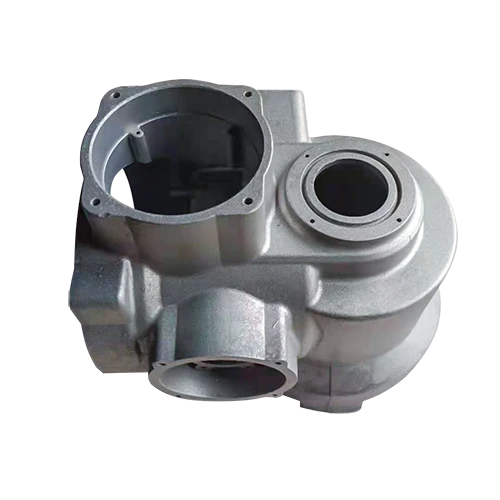Mobile:+86-311-808-126-83
Email:info@ydcastings.com
Spanish
High-Quality Steel Precision Casting for Superior Performance and Durability
The Art and Science of Steel Precision Casting
Precision casting, especially in steel, is a vital process that forms the backbone of many industrial applications. This technique allows for the creation of complex shapes and geometries that would be impossible to achieve through traditional machining methods. As industries continue to evolve and demand sophisticated components, the steel precision casting process becomes increasingly relevant.
Steel, known for its strength and versatility, is preferred in many applications ranging from automotive to aerospace and heavy machinery. Precision casting involves pouring molten metal into a mold to create specific shapes, offering a high level of dimensional accuracy and a smooth finish. This process can produce intricate designs that meet the exact specifications required for various industries.
The Process of Steel Precision Casting
The steel precision casting process begins with the creation of a pattern, which is often made from materials like wax, plastic, or metal. This pattern is coated with a fine ceramic material to create a shell. Once the shell is formed, it is heated, allowing it to harden. In some cases, the pattern is removed by melting it away, leaving a mold that captures even the finest details of the original design.
Next, molten steel is poured into the mold, filling every crevice to create a precise replica of the pattern. The molten metal then cools and solidifies, forming a finished component that requires minimal post-casting machining. This is one of the significant advantages of precision casting; it minimizes waste and reduces production time while ensuring high-quality output.
Benefits of Steel Precision Casting
1. Complex Geometries Steel precision casting enables the production of intricate designs that would be challenging or prohibitively expensive to manufacture using traditional methods. This flexibility makes it ideal for industries requiring bespoke components.
2. Cost Efficiency Although the initial setup for precision casting may be higher due to mold creation, it often becomes more economical for large production runs. The reduced material waste and shorter production times compensate for the initial investment.
steel precision casting

3. Material Integrity The casting process can produce components with superior mechanical properties compared to those created through machining. Factors like stress concentrations, grain structure, and residual stresses are all more manageable in precision castings.
4. Dimensional Accuracy The precision attained through this casting technique can reduce the need for extensive machining, ensuring that components meet exact specifications. This high level of accuracy is crucial in fields where tolerance levels are critical.
Applications of Steel Precision Casting
The applications of steel precision casting are diverse and span across multiple industries. In the automotive sector, precision cast components are used in engine blocks, transmission housings, and suspension systems. The aerospace industry utilizes this technique for manufacturing turbine blades and structural components that must withstand extreme conditions.
Moreover, in the energy sector, precision casting plays a crucial role in creating parts for turbines and generators. The medical field also benefits from this technology, as precision cast stainless steel components are essential for surgical instruments and implants.
Future Trends
As technology advances, the precision casting industry is embracing innovations such as 3D printing for mold creation, which can further enhance design flexibility and reduce lead times. Additionally, the growing emphasis on sustainability is driving research into eco-friendly materials and processes that can reduce the environmental impact of casting operations.
Steel precision casting stands at the intersection of art and engineering, offering innovative solutions to the challenges faced by modern industries. As demand for high-quality, complex components continues to rise, the future of precision casting looks brighter than ever, with opportunities for further advancements and applications on the horizon.











